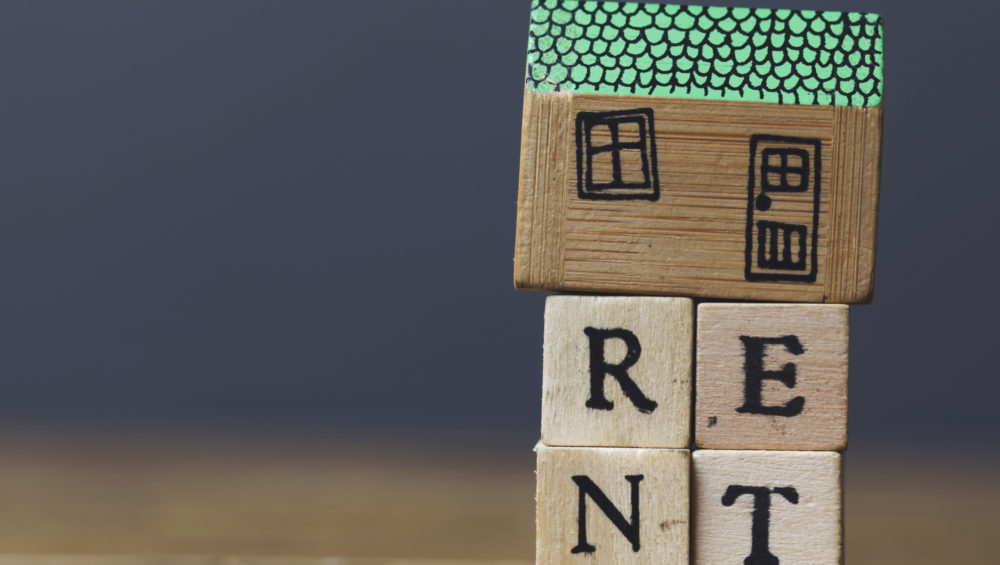Renters make up almost 42% of the Memphis population. All of these renters are paying rent to hardworking landlords like yourself. Do you know the ins and outs of rent collection?
Rent collection is fairly straightforward. After all, tenants fully anticipate having to pay rent, and for you, it’s just another part of the job. That said, we’re here to talk about the basics of rent collection so you know what to expect (and so you can make it easier for both you and your tenants).
Read on to learn more.
First: Setting Rent Prices
If you haven’t already set your rent price, or if you’re adjusting your price to align with the market or attract new renters, you might feel a bit nervous. How much should you charge? What’s fair?
Your property manager can help you with this process, but you can also make your own decisions based on your own research.
Look at other comparable properties in the same neighborhood as your own. Make sure that you’re taking amenities, size, and location into account. For example, a three-bedroom home with a large yard and a sunroom will be able to rent for more than a three-bedroom home with no yard and a lack of natural light.
You want to make enough money to cover your mortgage and property taxes (and make enough money for the rental to be worthwhile), but you can’t expect tenants to stay in an overpriced home.
This is somewhat of a trial-and-error process. If your home is on the rental market for weeks with no applicants, consider reducing the rent.
How to Make Rent Collection Easier for Everyone
So how can you ensure that it’s as easy as possible for your tenants to pay rent (and as easy as possible for you to collect it)? There are a few things that you can do.
Late or missed rent can be a thing of the past with these tips.
Always Pick the Same Payment Date
This is crucial.
Have you ever wondered why most landlords always request rent on the first day of the month, even if the tenants moved into the unit some time in the middle?
It might seem like a hassle to do the math to figure out prorated rent for that non-full month, but the results are worth it. When you always request rent payments on the first of the month, it’s easier for you to remember and easier for your tenants to remember.
Use an Online Portal
In the olden days, landlords required either cash or a check in hand for rent payments. These days, checks are nearly obsolete and almost no one has that much cash.
Many landlords live far away from their properties, so they’d have to deal with mailed payments (which aren’t always safe or reliable).
While it’s okay to offer physical payments as an option, we recommend using an online portal. This makes it easy for your tenants to make payments with credit or debit cards (or through their banks).
This also ensures that you get your money right away. Bonus: many tenants will turn on automatic payments so they never miss rent.
Send Rent Reminders
We recommend sending a reminder to tenants a few days before their rent is due.
Remember, tenants are humans. They have their own busy lives and paying rent may slip their minds. When you send rent reminders, you’re helping them out (and helping yourself).
If you’re using an online payment portal, you may even be able to set up automatic reminders. If not, a simple text or email will suffice.
What to Do About Late Rent
Unfortunately, sometimes late or missed rent happens even despite your best efforts (even with the best tenants). What should you do if this happens to you?
First, reach out to the tenant. We recommend doing it via email or text so you have a paper trail. This isn’t going to be an official notice, but instead, a friendly reminder.
Many landlords offer a grace period of several days for late rent without charging any extra fees. Make sure to reach out within that grace period.
If your tenant isn’t able to pay rent right away, have a conversation with them. If they’re facing financial hardship, you might be able to arrange a payment plan that will work in both of your favor. You’ll be able to collect rent and they won’t have to worry about losing their home.
If the tenant is unresponsive after several days, send an official notice. A 14-day notice to quit is an appropriate step here.
If the tenant continues to refuse to pay, you can start moving through the complicated eviction process with the help of your property management company.
Tactfully Increasing or Negotiating Rent
At the end of the lease term, you can increase the rent if your tenant chooses to stay. You can not increase the rent in the middle of the lease term.
Increasing rent is tricky. You run the risk of losing great tenants if you increase it too much. There is technically no cap on how much you can increase rent, but it should be fair and reasonable if you want to retain tenants.
Your tenants may negotiate. Open yourself up to negotiation. If you must increase the rent and your tenants are considering leaving, consider offering some kind of incentive (such as one-time cleaning services or a fresh coat of paint) to make up for it. Those things also benefit you because they improve your property.
Rent Collection Is Simple
Don’t make a big deal out of rent collection. Remember, your tenants fully expect to pay rent every month. As long as rental costs are reasonable and you’re making it easy for tenants to pay, you shouldn’t run into any problems.
Are you looking for help with your Memphis property? Let our Memphis property management team help you. Reach out to us so we can start working together today.



